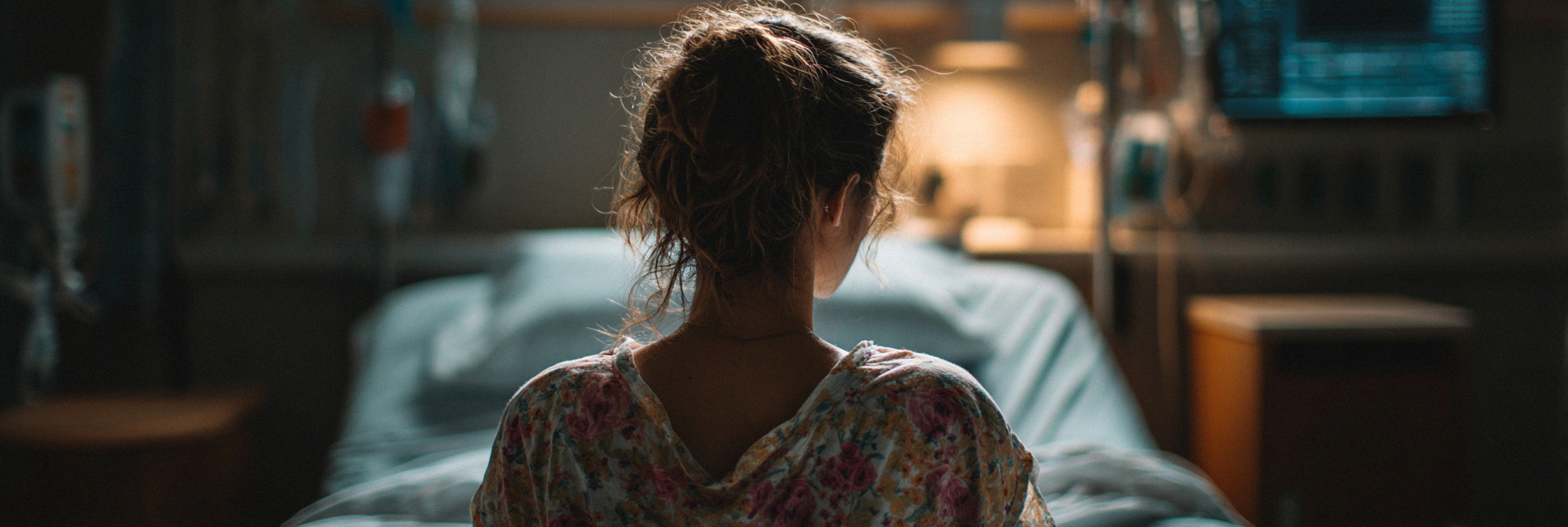Nuclear Medicine Europe Day 2025
It's today!
In the days leading up to Nuclear Medicine Europe Day, we dedicated a full week to highlighting the many dimensions of nuclear medicine — from innovation in therapies and diagnostics to the critical issues of supply, transport, and regulation. Each day, our working groups shared insights on how nuclear medicine contributes to better patient care, the challenges it faces, and the opportunities for growth in Europe and beyond.
This campaign is not only about celebrating progress, but also about raising awareness of nuclear medicine’s essential role in healthcare, encouraging young professionals to join the field, and engaging policymakers, stakeholders, and the public in building a stronger, more sustainable future for patients.


With more than 12 million procedures every year in Europe, nuclear medicine plays a vital role in modern healthcare — from early cancer detection to targeted therapies. Raising awareness about the benefits of nuclear medicine is key to improving patient access, funding, and public support. To help realise the full potential of nuclear medicine, greater collaboration with policymakers and healthcare systems can support broader access and sustainable funding. Facilitating this progress will not only benefit patients but also contribute to more efficient and effective healthcare systems. Another major goal is to encourage young professionals to pursue a career in nuclear medicine, which will help ensure the continuity of this field.
To learn more about the benefits and challenges, view the following sources
A collection of multilingual educational material, videos and further resources on nuclear medicine : https://whatisnuclearmedicine.com/
A series of explanatory videos that answer the most important questions about the field : https://whatisnuclearmedicine.com/animations/
Hygieia – the interactive tool allowing you to explore medical isotopes and create individual posters : https://hygieia.nuclearmedicineeurope.eu/
Our series on articles about young professionals’ job perspectives in nuclear medicine : https://nuclearmedicineeurope.eu/publications/
The Communications Working Group raises awareness of the benefits of nuclear medicine for patients and society. By promoting clear, accessible information and encouraging young professionals to join the field, the group helps strengthen understanding and support for nuclear medicine across Europe.
Click here to read more about the Nuclear Medicine Europe Communications Working Group


Did you know that more than 49 million procedures are performed each year globally, with a significant part in the European Union?
Nuclear medicine operates at the intersection of healthcare, radiation protection, and pharmaceuticals. Yet current EU regulations are fragmented and outdated. As innovation accelerates, harmonised and fit-for-purpose rules are essential to ensure timely patient access to diagnostics and therapies.
To learn more about the challenges and potential solutions, view the following sources:
An article on Integrating Nuclear Medicine Europe into the Framework of the Critical Medicines Alliance : https://nuclearmedicineeurope.eu/wp-content/uploads/2024/11/Integrating-Nuclear-Medicine-Europe-into-the-Framework-of-the-Critical-Medicines-Alliance.pdf
Insights from our recent symposia à https://nmeusymposium.org/
The Regulatory Affairs Working Group engages with EU institutions and national authorities to ensure that legislation keeps pace with innovation in nuclear medicine. Its goal is to create a harmonised, fit-for-purpose regulatory framework that improves patient access to diagnostics and therapies.
Click here to read more about the Nuclear Medicine Europe Regulatory Affairs & Quality Working Group


Every day, millions of nuclear medicine procedures rely on a stable supply of medical isotopes — yet Europe depends on a handful of ageing reactors and complex cross-border transport chains. Without investment in new infrastructure and supply security, the risks of delayed or cancelled treatments will grow. Just one additional reactor could enable the production of therapeutic doses for several hundred thousand patients a year.
To learn more about the challenges in the supply of radioisotopes, view the following sources:
The joint statement of EANM and Nuclear Medicine Europe on the European Pharmaceutical Legislation revision : https://nuclearmedicineeurope.eu/wp-content/uploads/2024/04/EANM-NMEU-joint-communication-on-the-European-Pharmaceutical-Legislation-revision.pdf
An in WIRED on the impact of an Offline Nuclear Reactor on thousands of Hospital Appointments : https://www.wired.com/story/why-an-offline-nuclear-reactor-led-to-thousands-of-hospital-appointments-being-cancelled/
A publication on How the Nuclear Medicine Sector Coordinates Isotope Supply : https://nuclearmedicineeurope.eu/wp-content/uploads/2022/02/NMEU-How-the-nuclear-medicine-sector-coordinates-isotope-supply-.pdf
The Security of Supply Working Group focuses on safeguarding Europe’s access to vital medical isotopes. It addresses the challenges of ageing infrastructure and cross-border logistics to ensure that patients can continue to rely on timely and stable deliveries of life-saving treatments.
Click here to read more about the Nuclear Medicine Europe Security of Supply Working Group


Radiotherapeutics are transforming cancer care — and demand is exploding. With over 30% annual growth expected, Europe must scale up production, streamline approvals, and prepare the clinical infrastructure to deliver these innovative therapies to patients in need.
To learn more, view the following sources:
Our publication on how #nuclearmedicine saves lives : https://nuclearmedicineeurope.eu/wp-content/uploads/2024/02/NMEU_Symposium_leaflet.pdf
The Therapy Working Group supports the rapid growth of radiotherapeutics in cancer and other disease areas. It works on scaling up production, streamlining approvals, and preparing healthcare systems to deliver innovative therapies to patients who need them.
Click here to read more about the Nuclear Medicine Europe Therapy Working Group


The logistics of radiopharmaceuticals is extremely time-sensitive due to the continuous decay of the isotopes. More than 100.000 hospitals rely on scheduled deliveries. Delays at national or sometimes even municipality borders as well as unclear transport regulations can mean lost doses — and missed opportunities to treat patients. Clear, predictable, and harmonised European transport legislation is essential for reliable delivery to patients across Europe.
To learn more, view the following sources:
Our position paper on the revised IAEA regulations for safe transport of radioactive material : https://nuclearmedicineeurope.eu/wp-content/uploads/2024/11/Position-on-the-Proposed-Revision-to-IAEA-Safety-Standard-.pdf
Our position paper on the lead ban for transporting radiopharmaceuticals : https://nuclearmedicineeurope.eu/wp-content/uploads/2024/10/NMEU_Transport_Experts_WG_Lead_Ban_Follow_up.pdf
The Transport Experts Working Group tackles the unique challenges of moving radiopharmaceuticals safely and on time across borders. By advocating for clear, harmonised transport rules, the group helps secure reliable delivery to hospitals and patients throughout Europe.
Click here to read more about the Nuclear Medicine Europe Transport Experts Working Group
NMEUday 2025 is a chance to highlight the many ways nuclear medicine is shaping the future of healthcare — from life-saving diagnostics and therapies to the challenges of supply, transport, and regulation. Through this campaign, we aim to raise awareness, encourage collaboration, and ensure patients across Europe can benefit from the full potential of nuclear medicine.
The conversation doesn’t stop here!
Follow Nuclear Medicine Europe on LinkedIn to stay informed about our activities, initiatives, and the latest developments in the field.





